International Organization for Migration
The International Organization for Migration (IOM) is a United Nations agency that provides services and advice concerning migration to governments and migrants, including internally displaced persons, refugees, and migrant workers.
 | |
| Formation | 6 December 1951 |
|---|---|
| Type | UN Agency |
| Headquarters | Geneva, Switzerland |
Membership (2023) | 175 member states and 8 observer states |
Official languages | English, French and Spanish |
Director General | Amy Pope |
Revenue (2021) | US$2.5 billion |
Staff (2021) | 17,761 |
| Website | www |
The IOM was established in 1951 as the Intergovernmental Committee for European Migration (ICEM) to help resettle people displaced by World War II. It became a United Nations agency in 2016.[1]
The IOM is the principal UN agency working in the field of migration. The IOM promotes humane and orderly migration by providing services and advice to governments and migrants.
The IOM works in the four broad areas of migration management: migration and development, facilitating migration, regulating migration, and addressing forced migration.
History
The IOM was born in 1951 out of the chaos and displacement of Western Europe following the Second World War. It was first known as the Provisional Intergovernmental Committee for the Movement of Migrants from Europe (PICMME). Mandated to help European governments to identify resettlement countries for the estimated 11 million people uprooted by the war, PICMME arranged transport for nearly a million migrants during the 1950s.
The Constitution of the International Organization for Migration was concluded on 19 October 1953 in Venice as the Constitution of the Intergovernmental Committee for European Migration. The Constitution entered into force on 30 November 1954 and the organization was formally established.
The organization underwent a succession of name changes from PICMME to the Intergovernmental Committee for European Migration (ICEM) in 1952, to the Intergovernmental Committee for Migration (ICM) in 1980, and finally, to its current name, the International Organization for Migration (IOM) in 1989; these changes reflect the organization's transition over half a century from an operational agency to a migration agency.
While the IOM's history tracks the man-made and natural disasters of the past half century—Hungary 1956, Czechoslovakia 1968, Chile 1973, the Vietnamese Boat People 1975, Kuwait 1990, Kosovo and Timor 1999, and the Asian tsunami, the 2003 invasion of Iraq, the Pakistan earthquake of 2004/2005, the 2010 Haiti earthquake, and the ongoing European migrant crisis—its credo that humane and orderly migration benefits migrants and society has steadily gained international acceptance.
From its roots as an operational logistics agency, the IOM has broadened its scope to become the leading international agency working with governments and civil societies to advance the understanding of migration issues, encourage social and economic development through migration, and uphold the human dignity and well-being of migrants.
The broader scope of activities has been matched by rapid expansion from a relatively small agency into one with an annual operating budget of US$1.8 billion and some 11,500 staff[2] working in over 150 countries worldwide.
As the "UN migration agency", the IOM has become a main point of reference in the heated global debate on the social, economic and political implications of migration in the 21st century.[3]
The IOM became a related organization of the United Nations in September 2016.[1]
The IOM supported the creation of the Global Compact for Migration, the first-ever intergovernmental agreement on international migration which was adopted in Marrakech, Morocco, in December 2018.[4] To support the implementation, follow-up and review of the Global Compact on Migration, The UN Secretary-General, António Guterres, established the UN Network on Migration. The secretariat of the UN Network on Migration is housed at the IOM and the Director General of the IOM, Amy Pope, serves as the Network Coordinator.[5]
Activities
The IOM works to help ensure the orderly and humane management of migration, to promote international cooperation on migration issues, to assist in the search for practical solutions to migration problems and to provide humanitarian assistance to migrants in need, be they refugees, displaced persons or other uprooted people.
The IOM Constitution gives explicit recognition to the link between migration and economic, social and cultural development.[6][7]
The IOM works in the four broad areas of migration management: migration and development, facilitating migration, regulating migration, and addressing forced migration. Cross-cutting activities include the promotion of international migration law, policy debate and guidance, protection of migrants’ rights, migration health and the gender dimension of migration.
In addition, the IOM has often organized elections for refugees out of their home country, as was the case in the 2004 Afghan elections and the 2005 Iraqi elections.
For the 2009 EU-Anti-Trafficking Day, the Geneva Headquarters launched the Buy Responsibly awareness raising campaign to counter human trafficking. A year later, the campaign was introduced in the Netherlands and Austria, among other countries.[8][9]
IOM X
IOM X is a campaign operated by the International Organization for Migration in Bangkok that encourages safe migration and prevents exploitation and human trafficking in the Asia Pacific region.[10][11] The campaign addresses issues related to exploitation and human trafficking, such as protecting men enslaved in the Thai fishing industry,[12] the use of technology to identify and combat human trafficking,[13] and end the sexual exploitation of children.[14]
2003 Amnesty and Human Rights Watch
In 2003, both Amnesty International and Human Rights Watch were critical of the IOM's role in the Australian government's "Pacific Solution" of transferring asylum seekers to offshore detention centres.[15][16] Human Rights Watch criticized the IOM for operating Manus Regional Processing Centre and the processing centre on Nauru despite not having a refugee protection mandate.[15] Human Rights Watch criticized the IOM for being part of "arbitrary detention" and for denying asylum seekers access to legal advice.[15] Human Rights Watch urged the IOM to cease operation the process centres, which it stated were "detention centres" and to hand management of the centres to the United Nations High Commissioner for Refugees.[15]
Amnesty International expressed concern that the IOM undertook actions on behalf of governments that negatively impacted the human rights of asylum seekers, refugees and migrants.[16] Amnesty International cited an example of fourteen Kurds in Indonesia who were expelled from Australian waters by Australian authorities and relocated to Indonesia.[16] Amnesty International requested an assurance that the IOM will abide by the principle of non-refoulement.[17]
2022 Refugee Council of Australia
In 2022, the role that the IOM played in housing refugees in Indonesia was described by the Refugee Council of Australia as presenting a "humanitarian veneer while carrying out rights-violating activities on behalf of Western nations” by researchers Asher Hirsch and Cameron Doig in The Globe and Mail.[18]
The community housing that the IOM operated, using Australian government funding, was described by the Refugee Council of Australia "inhumane conditions, solitary confinement, lack of basic essentials and medical care, physical and sexual abuse, and severe overcrowding".[18] Rohingya John Joniad described the housing as an "open prison".[18]
Member states
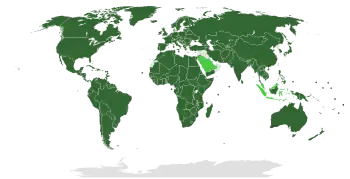
member
observer
non-members
As of 2023, the International Organization for Migration has 175 member states and 8 observer states.[19] Member states:
.svg.png.webp) Afghanistan
Afghanistan Albania
Albania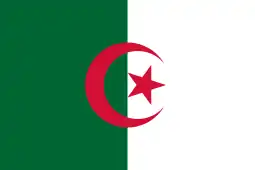 Algeria
Algeria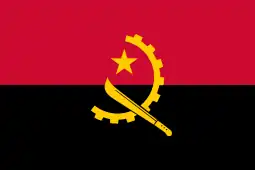 Angola
Angola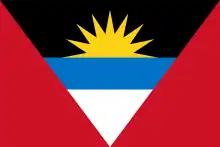 Antigua and Barbuda
Antigua and Barbuda Argentina
Argentina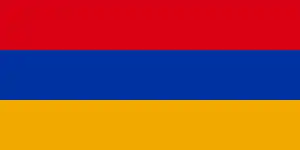 Armenia
Armenia.svg.png.webp) Australia
Australia Austria
Austria Azerbaijan
Azerbaijan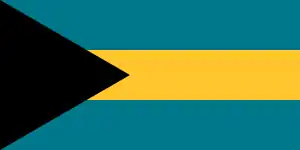 Bahamas
Bahamas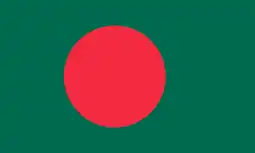 Bangladesh
Bangladesh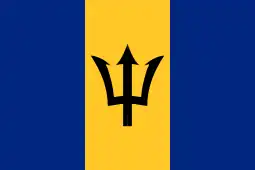 Barbados
Barbados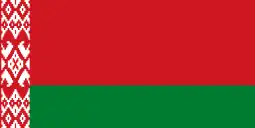 Belarus
Belarus.svg.png.webp) Belgium
Belgium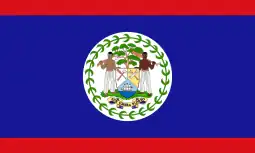 Belize
Belize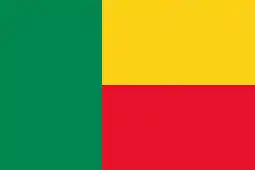 Benin
Benin.svg.png.webp) Bolivia
Bolivia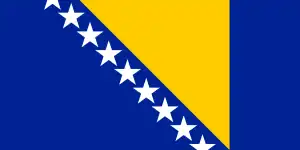 Bosnia and Herzegovina
Bosnia and Herzegovina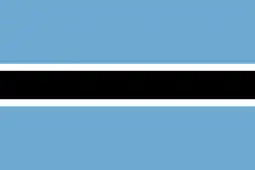 Botswana
Botswana Brazil
Brazil Bulgaria
Bulgaria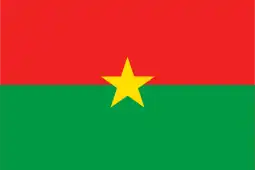 Burkina Faso
Burkina Faso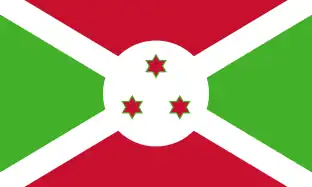 Burundi
Burundi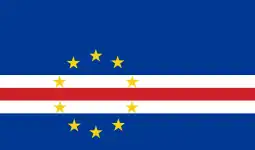 Cabo Verde
Cabo Verde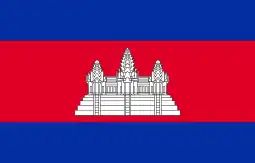 Cambodia
Cambodia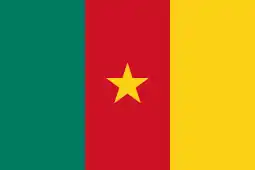 Cameroon
Cameroon.svg.png.webp) Canada
Canada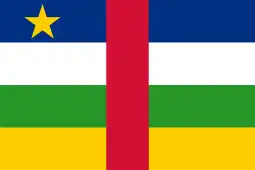 Central African Republic
Central African Republic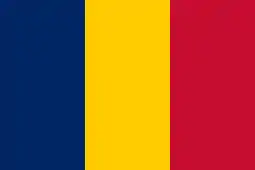 Chad
Chad Chile
Chile China
China Colombia
Colombia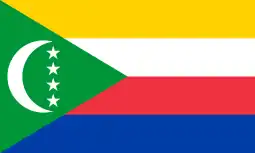 Comoros
Comoros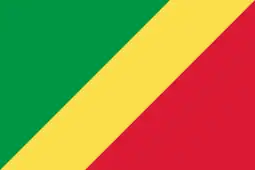 Congo
Congo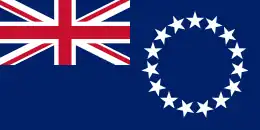 Cook Islands
Cook Islands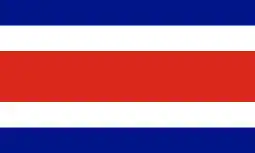 Costa Rica
Costa Rica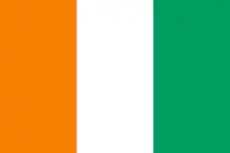 Côte d'Ivoire
Côte d'Ivoire Croatia
Croatia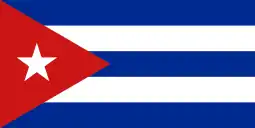 Cuba
Cuba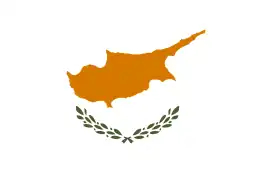 Cyprus
Cyprus Czech Republic
Czech Republic Democratic Republic of the Congo
Democratic Republic of the Congo Denmark
Denmark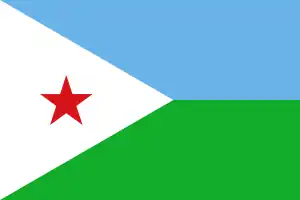 Djibouti
Djibouti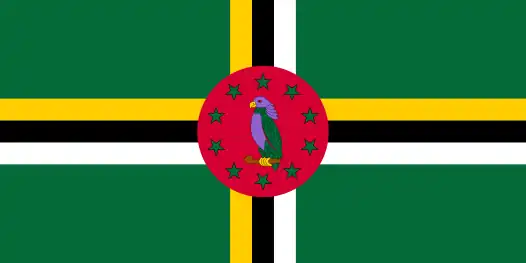 Dominica
Dominica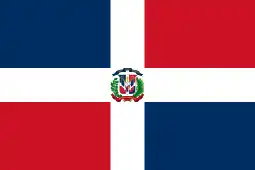 Dominican Republic
Dominican Republic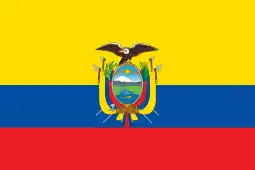 Ecuador
Ecuador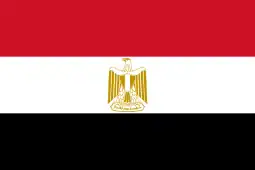 Egypt
Egypt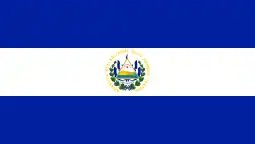 El Salvador
El Salvador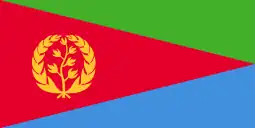 Eritrea
Eritrea Estonia
Estonia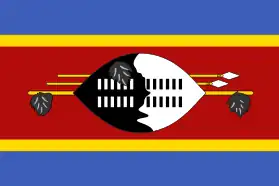 Eswatini
Eswatini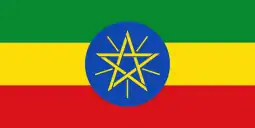 Ethiopia
Ethiopia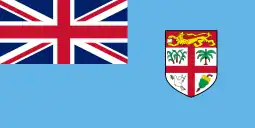 Fiji
Fiji Finland
Finland France
France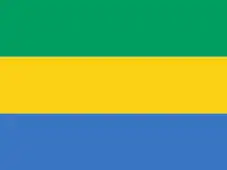 Gabon
Gabon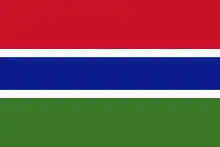 Gambia
Gambia Georgia
Georgia Germany
Germany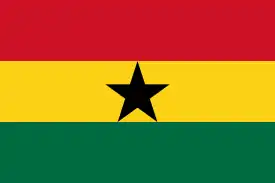 Ghana
Ghana Greece
Greece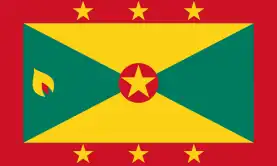 Grenada
Grenada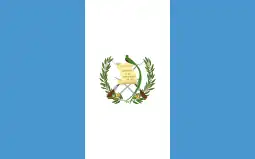 Guatemala
Guatemala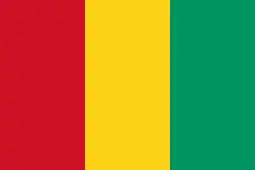 Guinea
Guinea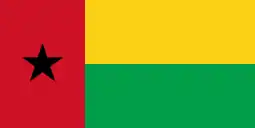 Guinea-Bissau
Guinea-Bissau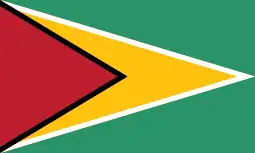 Guyana
Guyana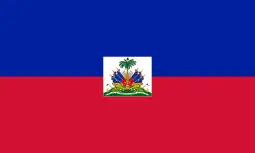 Haiti
Haiti.svg.png.webp) Holy See
Holy See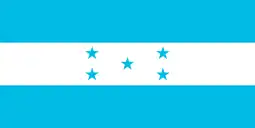 Honduras
Honduras Hungary
Hungary Iceland
Iceland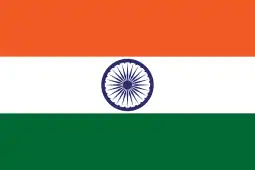 India
India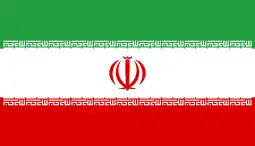 Iran
Iran Ireland
Ireland Israel
Israel Italy
Italy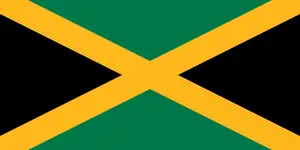 Jamaica
Jamaica Japan
Japan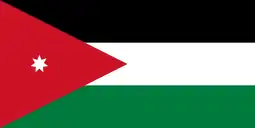 Jordan
Jordan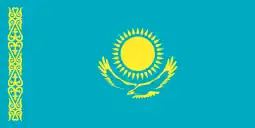 Kazakhstan
Kazakhstan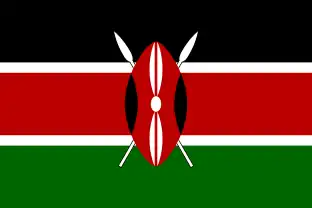 Kenya
Kenya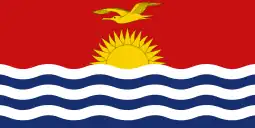 Kiribati
Kiribati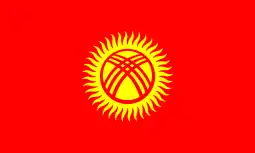 Kyrgyzstan
Kyrgyzstan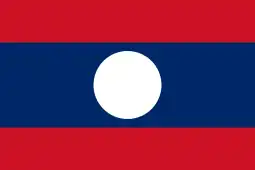 Lao People's Democratic Republic
Lao People's Democratic Republic Latvia
Latvia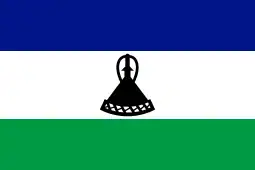 Lesotho
Lesotho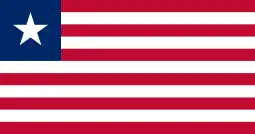 Liberia
Liberia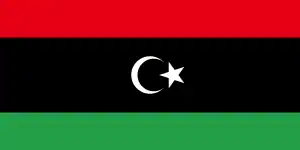 Libya
Libya Lithuania
Lithuania Luxembourg
Luxembourg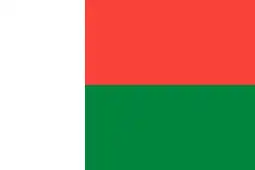 Madagascar
Madagascar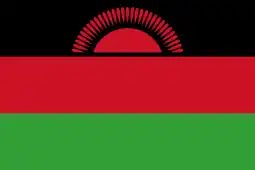 Malawi
Malawi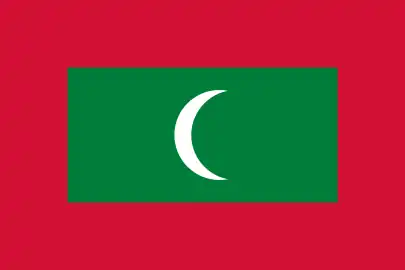 Maldives
Maldives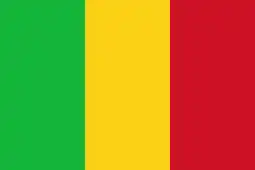 Mali
Mali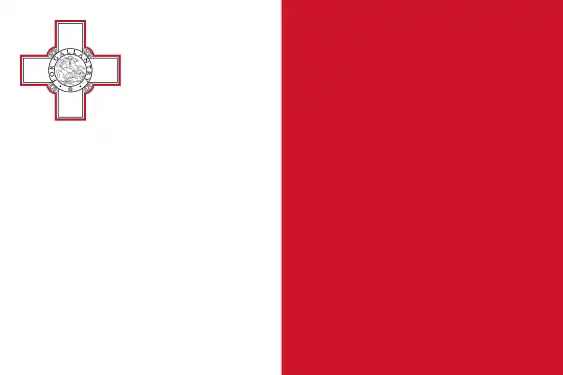 Malta
Malta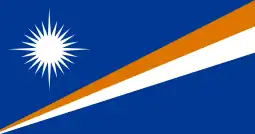 Marshall Islands
Marshall Islands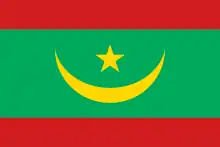 Mauritania
Mauritania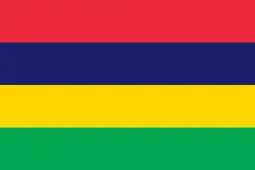 Mauritius
Mauritius Mexico
Mexico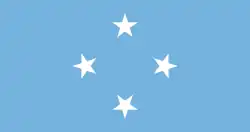 Micronesia
Micronesia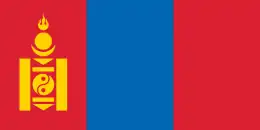 Mongolia
Mongolia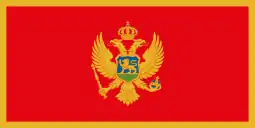 Montenegro
Montenegro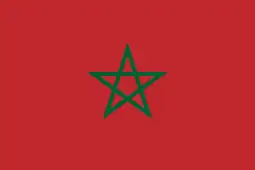 Morocco
Morocco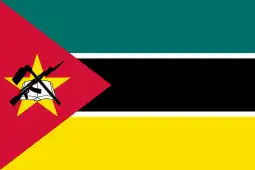 Mozambique
Mozambique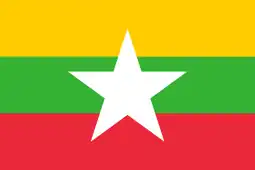 Myanmar
Myanmar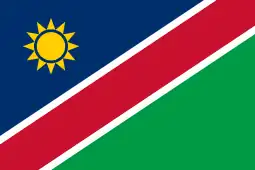 Namibia
Namibia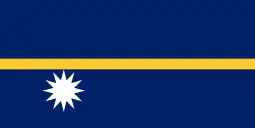 Nauru
Nauru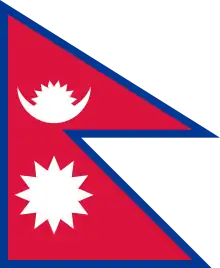 Nepal
Nepal Netherlands
Netherlands New Zealand
New Zealand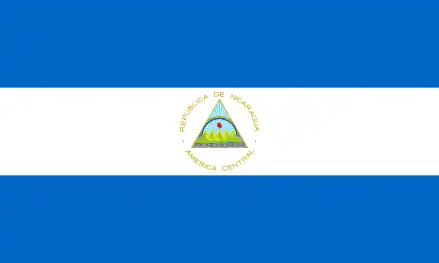 Nicaragua
Nicaragua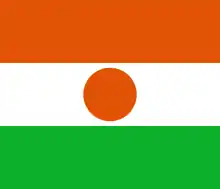 Niger
Niger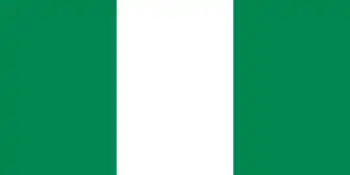 Nigeria
Nigeria North Macedonia
North Macedonia Norway
Norway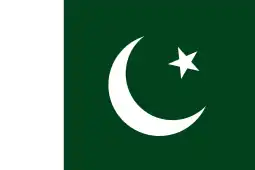 Pakistan
Pakistan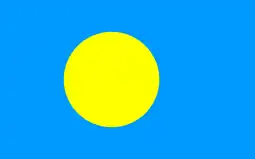 Palau
Palau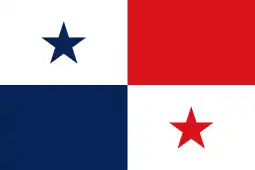 Panama
Panama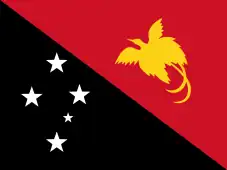 Papua New Guinea
Papua New Guinea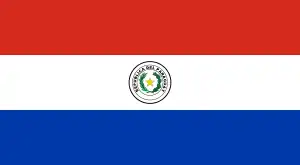 Paraguay
Paraguay Peru
Peru Philippines
Philippines Poland
Poland Portugal
Portugal South Korea
South Korea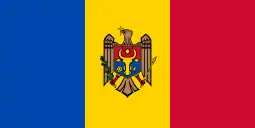 Republic of Moldova
Republic of Moldova Romania
Romania Russian Federation
Russian Federation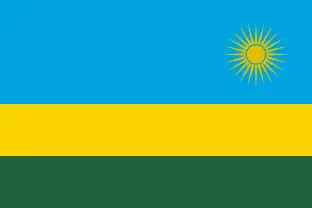 Rwanda
Rwanda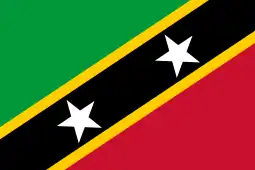 Saint Kitts and Nevis
Saint Kitts and Nevis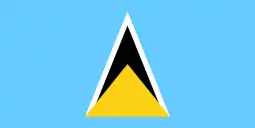 Saint Lucia
Saint Lucia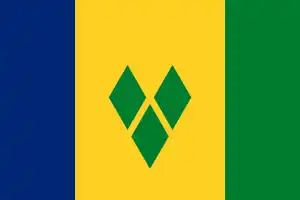 Saint Vincent and the Grenadines
Saint Vincent and the Grenadines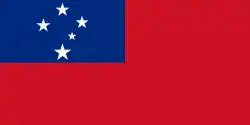 Samoa
Samoa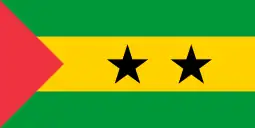 São Tomé and Príncipe
São Tomé and Príncipe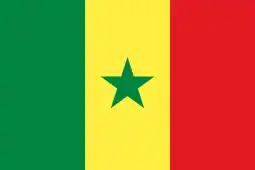 Senegal
Senegal Serbia
Serbia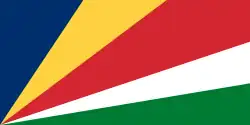 Seychelles
Seychelles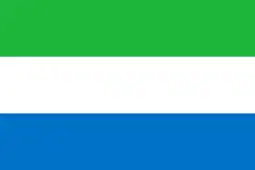 Sierra Leone
Sierra Leone Slovakia
Slovakia Slovenia
Slovenia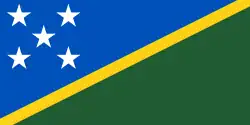 Solomon Islands
Solomon Islands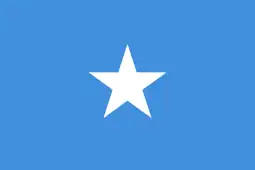 Somalia
Somalia South Africa
South Africa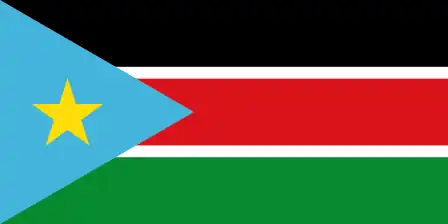 South Sudan
South Sudan Spain
Spain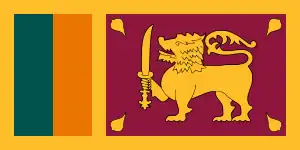 Sri Lanka
Sri Lanka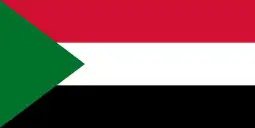 Sudan
Sudan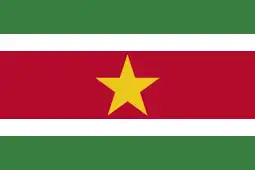 Suriname
Suriname Sweden
Sweden.svg.png.webp) Switzerland
Switzerland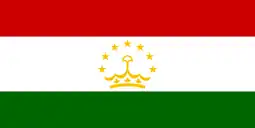 Tajikistan
Tajikistan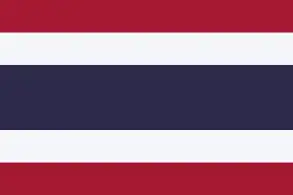 Thailand
Thailand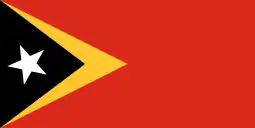 Timor-Leste
Timor-Leste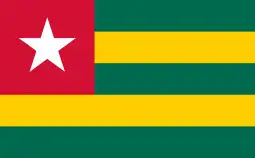 Togo
Togo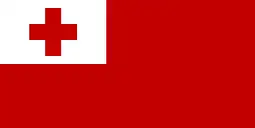 Tonga
Tonga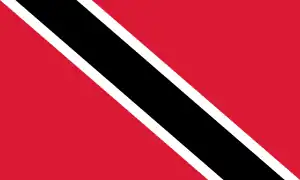 Trinidad and Tobago
Trinidad and Tobago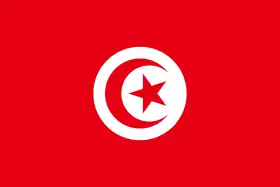 Tunisia
Tunisia Turkey
Turkey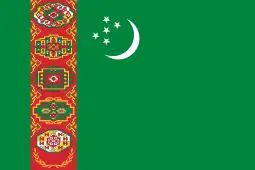 Turkmenistan
Turkmenistan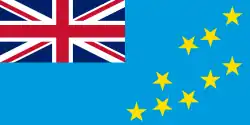 Tuvalu
Tuvalu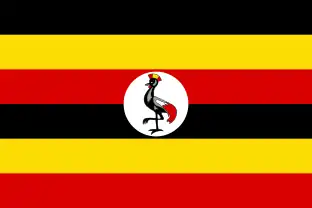 Uganda
Uganda Ukraine
Ukraine United Kingdom
United Kingdom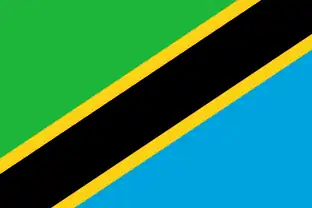 United Republic of Tanzania
United Republic of Tanzania United States
United States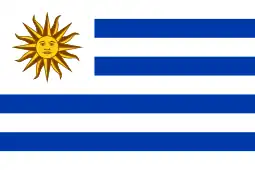 Uruguay
Uruguay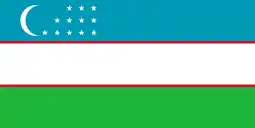 Uzbekistan
Uzbekistan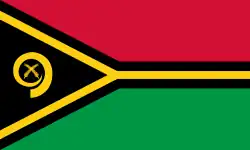 Vanuatu
Vanuatu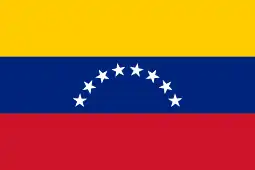 Venezuela
Venezuela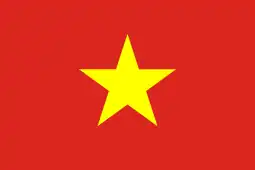 Viet Nam
Viet Nam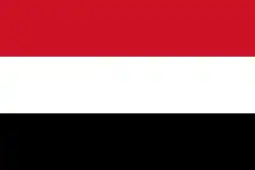 Yemen
Yemen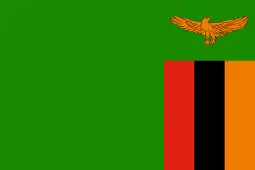 Zambia
Zambia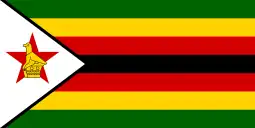 Zimbabwe
Zimbabwe
Observer States:
Non-Member States:
See also
- Bibi Duaij Al-Jaber Al-Sabah, the IOM Goodwill Ambassador for Kuwait.
- United Nations High Commissioner for Refugees (UNHCR), also based (like the IOM) in Geneva.
Bibliography
- Andrijasevic, Rutvica; Walters, William (2010): The International Organization for Migration and the international government of borders. In Environment and Planning D: Society and Space 28 (6), pp. 977–999.
- Georgi, Fabian; Schatral, Susanne (2017): Towards a Critical Theory of Migration Control. The Case of the International Organization for Migration (IOM). In Martin Geiger, Antoine Pécoud (Eds.): International organisations and the politics of migration: Routledge, pp. 193–221.
- Koch, Anne (2014): The Politics and Discourse of Migrant Return: The Role of UNHCR and IOM in the Governance of Return. In Journal of Ethnic and Migration Studies 40 (6), pp. 905–923. doi:10.1080/1369183X.2013.855073.
References
- Megan Bradley (2017). "The International Organization for Migration (IOM): Gaining Power in the Forced Migration Regime". Refuge: Canada's Journal on Refugees. 33 (1): 97. doi:10.25071/1920-7336.40452.
- "109th Session of the Council, Report of the Director General" (PDF). GoverningBodies.iom.int. 30 November 2018. Archived (PDF) from the original on 9 October 2022. Retrieved 3 January 2019.
- "History". International Organization for Migration. 30 September 2014. Retrieved 3 January 2019.
- "GCM Development Process". www.iom.int. International Organization for Migration. 9 April 2018. Retrieved 13 May 2019.
- "Amy Pope Makes History as First Woman Director General of IOM". iom.int. Retrieved 2 October 2023.
- "Constitution". International Organization for Migration. 8 January 2015. Retrieved 3 January 2019.
- United Nations Development Programme (UNDP), "Migration and Development: A Global Overview," 2009
- "IOM's Buy Responsibly Campaign Arrives in the Netherlands". International Organization for Migration. Retrieved 20 December 2022.
- "Buy Responsibly Campaign | IOM Austria". austria.iom.int. Retrieved 20 December 2022.
- "'Prisana' Film Aims to Raise Youth Awareness of Human Trafficking". Voice of America. Reuters. 16 September 2015. Retrieved 3 January 2019.
- "Gender equality and female empowerment". ReliefWeb. 11 May 2018. Retrieved 3 January 2019.
- Hale, Erin (28 September 2016). "Tackling Asia's Human Trafficking with Facebook, WhatsApp and LINE". Forbes. Retrieved 3 January 2019.
- "Vulcan Post". 21 December 2015. Retrieved 3 January 2019.
- Hale, Erin (22 September 2016). "Philippine Cybersex 'Dens' are Making it Too Easy to Exploit Children". Forbes. Retrieved 3 January 2019.
- "The International Organization for Migration (IOM) and Human Rights Protection in the Field: Current Concerns (Submitted by Human Rights Watch, IOM Governing Council Meeting, 86th Session, November 18–21, 2003, Geneva)". www.hrw.org. Retrieved 25 October 2019.
- "Amnesty International statement to the 86th Session of the Council of the International Organization for Migration (IOM)". Amnesty International. 20 November 2003. Retrieved 7 January 2022.
- Amnesty International (20 November 2003). "Statement to the 86th Session of the Council of the International Organization for Migration (IOM)" (PDF). Archived (PDF) from the original on 9 October 2022. Retrieved 25 October 2019.
- Griffiths, James (19 January 2022). "Trapped in Indonesia, Rohingya struggle to get by as laws block their path to asylum elsewhere". The Globe and Mail. Retrieved 19 January 2022.
- "Members and Observers" (PDF). International Organization for Migration. Archived (PDF) from the original on 9 October 2022. Retrieved 3 January 2019.